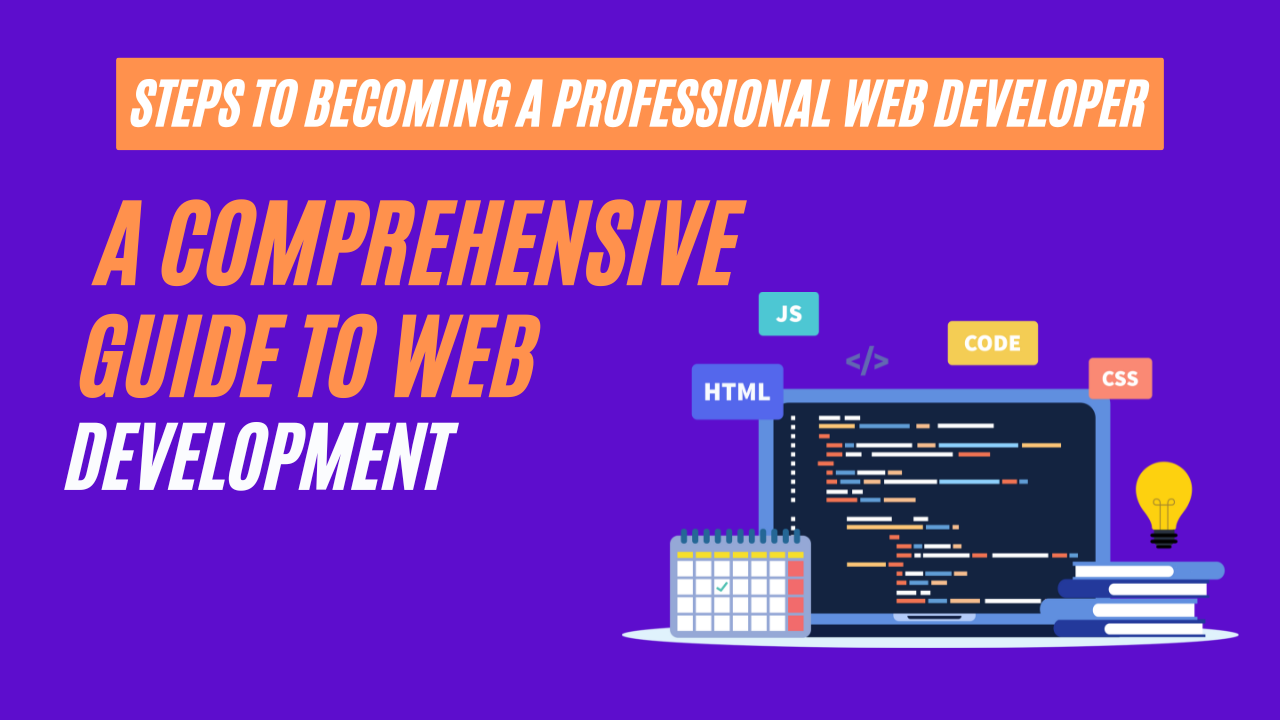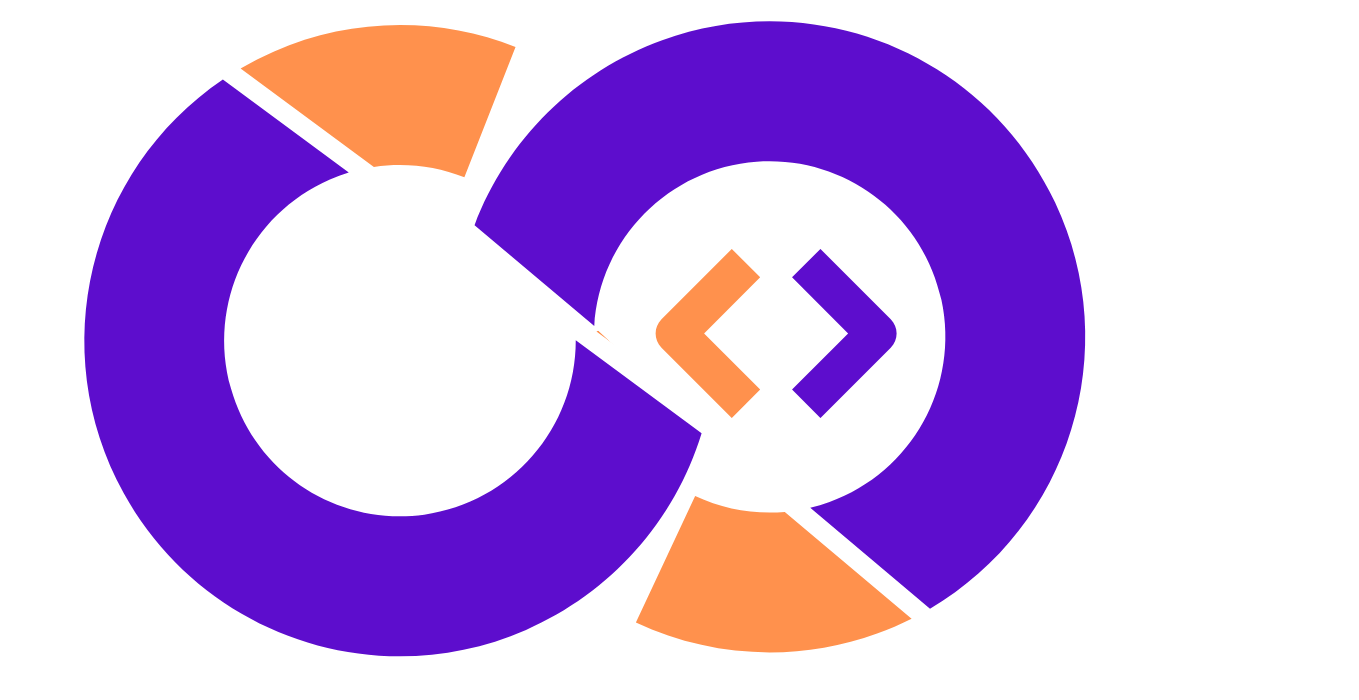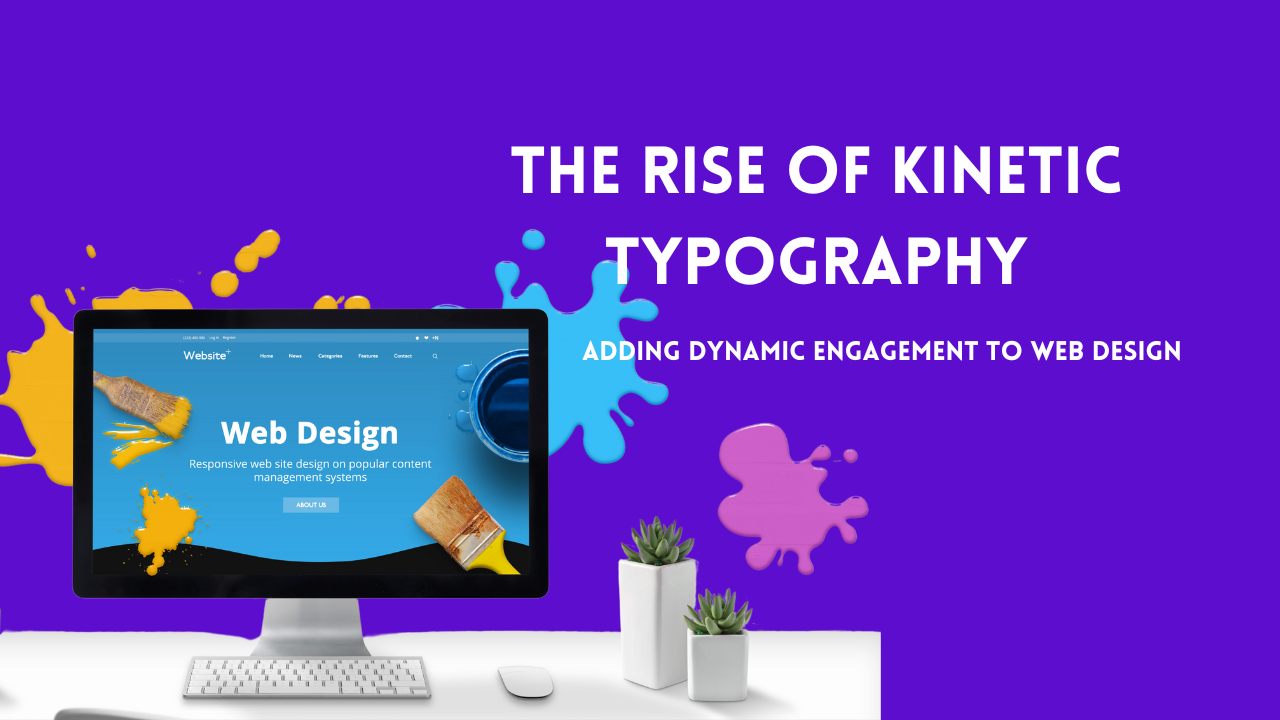A Comprehensive Guide to Web Development: Steps to Becoming a Professional Web Developer
October 27, 2024 | by codimatesolutions

A Comprehensive Guide to Web Development: Steps to Becoming a Professional Web Developer
- What is Web Development?
- Essential Skills for Web Developers
- Step-by-Step Guide to Becoming a Professional Web Developer
- 1. Start with the Basics
- 2. Choose Your Specialization
- 3. Learn Development Frameworks
- 4. Build a Portfolio of Real-World Projects
- 5. Get Comfortable with Git and Version Control
- 6. Practice Responsive and Accessible Design
- 7. Learn Content Management Systems and E-commerce Platforms
- 8. Stay Updated on Industry Trends
- 9. Practice Regularly and Build Real Projects
- Conclusion
Web development is the art and science of building, creating, and maintaining websites or web applications, serving as the backbone of our digital world. Whether it’s an e-commerce store, a blog, or a complex web application, web development powers the online experiences that users rely on daily. If you’re interested in becoming a professional web developer, you’ll need a mix of technical skills, problem-solving abilities, and creative thinking.
In this guide, we’ll break down what web development is, the skills you need to succeed, and a step-by-step roadmap to building your career in this ever-growing field.
What is Web Development?
At its core, web development is the process of creating and maintaining websites and web applications. It combines programming, design, and strategy to build websites that are functional, visually appealing, and accessible across all devices. As a field, it encompasses three primary disciplines:
- Front-end Development: This is the part users interact with directly, focusing on creating a visually appealing and intuitive interface using HTML, CSS, and JavaScript. A front-end developer ensures the website is responsive, mobile-friendly, and visually engaging.
- Back-end Development: The engine behind the scenes, back-end development involves server-side programming to manage data, interactions, and requests. Common languages include PHP, Python, and Node.js, which handle tasks like data processing, user authentication, and website performance optimization.
- Full-stack Development: Full-stack developers have the skills to work on both the front and back ends, making them versatile in building complete applications. This approach is often ideal for smaller projects or startups looking for developers who can handle multiple roles.
Essential Skills for Web Developers
To succeed in web development, there are several technical skills and tools you’ll need to master:
- HTML, CSS, and JavaScript: These are the foundational languages for any website. HTML defines the structure, CSS adds style, and JavaScript enables interactivity.
- Frameworks and Libraries: Frameworks like React, Angular, or Vue (for front-end) and Laravel, Django, or Express (for back-end) simplify coding tasks and improve efficiency.
- Version Control Systems: Git is widely used in web development for tracking changes and collaborating with other developers.
- Responsive Design: In today’s world, websites need to be accessible on all devices. Understanding responsive design principles ensures your site is user-friendly, regardless of screen size.
- Content Management Systems (CMS): Knowing platforms like WordPress, Joomla, or custom CMS solutions allows developers to manage content efficiently and build feature-rich websites.
If you’re interested in providing custom solutions with popular CMS platforms, Codimate Solutions offers a range of CMS development services to help you create dynamic, scalable websites for diverse business needs.
Step-by-Step Guide to Becoming a Professional Web Developer
1. Start with the Basics
Begin by mastering the basics: HTML, CSS, and JavaScript. These languages are foundational to any web development work, enabling you to create structured, styled, and interactive pages.
- HTML (HyperText Markup Language) gives structure to your content with tags that define headers, paragraphs, lists, and images.
- CSS (Cascading Style Sheets) adds style to the website, controlling layout, colors, fonts, and visual details.
- JavaScript enables interactivity, allowing users to interact with elements on the page, such as buttons, forms, and dynamic content.
2. Choose Your Specialization
Decide if you’d like to focus on front-end, back-end, or full-stack development. Specializing in a specific area can help you stand out and meet the demands of your ideal employers or clients.
- Front-end development is for those who enjoy design, user experience, and crafting interactive websites.
- Back-end development is for those who prefer working with databases, APIs, and server-side logic.
- Full-stack development is perfect if you want a comprehensive role that spans both areas.
3. Learn Development Frameworks
Frameworks and libraries speed up the development process and make coding more efficient. Popular frameworks include:
- React, Angular, and Vue for front-end development.
- Laravel (PHP), Django (Python), and Express (Node.js) for back-end development.
Each of these frameworks offers unique features that can simplify complex tasks, enabling you to focus on solving problems and building scalable, efficient applications. Learning these tools can make you more attractive to employers looking for efficient web development solutions.
4. Build a Portfolio of Real-World Projects
A strong portfolio showcases your skills, versatility, and problem-solving abilities. Include a variety of projects, from basic static sites to dynamic web applications. Here are some project ideas:
- Responsive static websites built with HTML, CSS, and JavaScript
- Dynamic websites with CMS integration, such as WordPress
- E-commerce websites featuring shopping carts, checkout processes, and payment gateways
To learn more about WordPress website development and custom solutions for your projects, explore the WordPress website development services offered by Codimate Solutions.
5. Get Comfortable with Git and Version Control
Git is a critical tool for any professional developer, allowing you to track changes, collaborate, and manage your code. Knowing how to use Git can also make team collaboration smoother, as you can work on projects with multiple developers without overwriting each other’s code.
6. Practice Responsive and Accessible Design
In a mobile-first world, building responsive websites is essential. Learning responsive design principles ensures your websites look and perform well on any screen size. Additionally, following accessibility guidelines like WCAG ensures your site can be used by individuals with disabilities, expanding your reach.
7. Learn Content Management Systems and E-commerce Platforms
Content Management Systems (CMS) like WordPress and Joomla are crucial tools for developers, especially for clients looking for easy content updates. Specializing in CMS development and offering related website development services can open up more opportunities for you. Additionally, gaining experience with e-commerce platforms like WooCommerce or Shopify can be beneficial for developers looking to create online stores.
8. Stay Updated on Industry Trends
Web development is constantly evolving with new tools, frameworks, and best practices. Follow tech news, join developer communities, and participate in online forums to keep up with the latest trends. Staying current allows you to bring the latest innovations to your projects and ensures that your skills remain relevant.
9. Practice Regularly and Build Real Projects
Nothing improves your skills like practice. Work on your own projects, contribute to open-source repositories, or take on freelance gigs. The more hands-on experience you gain, the better prepared you’ll be for real-world challenges in web development.
Conclusion
Web development is a dynamic field that offers endless opportunities for creative and technically skilled individuals. By mastering core web development skills, creating a portfolio of real-world projects, and specializing in areas of interest, you can set yourself up for a rewarding career as a professional web developer.
From custom WordPress development to CMS solutions, professional web developers are essential in creating innovative, user-friendly websites and applications. If you’re interested in learning more or want to explore professional services in WordPress website development, website development, or CMS development, check out Codimate Solutions for expert support tailored to your needs.
With commitment, consistent learning, and practice, you can transform your skills into a fulfilling career in web development, helping businesses and brands build their digital presence in a highly competitive landscape.
RELATED POSTS
View all



